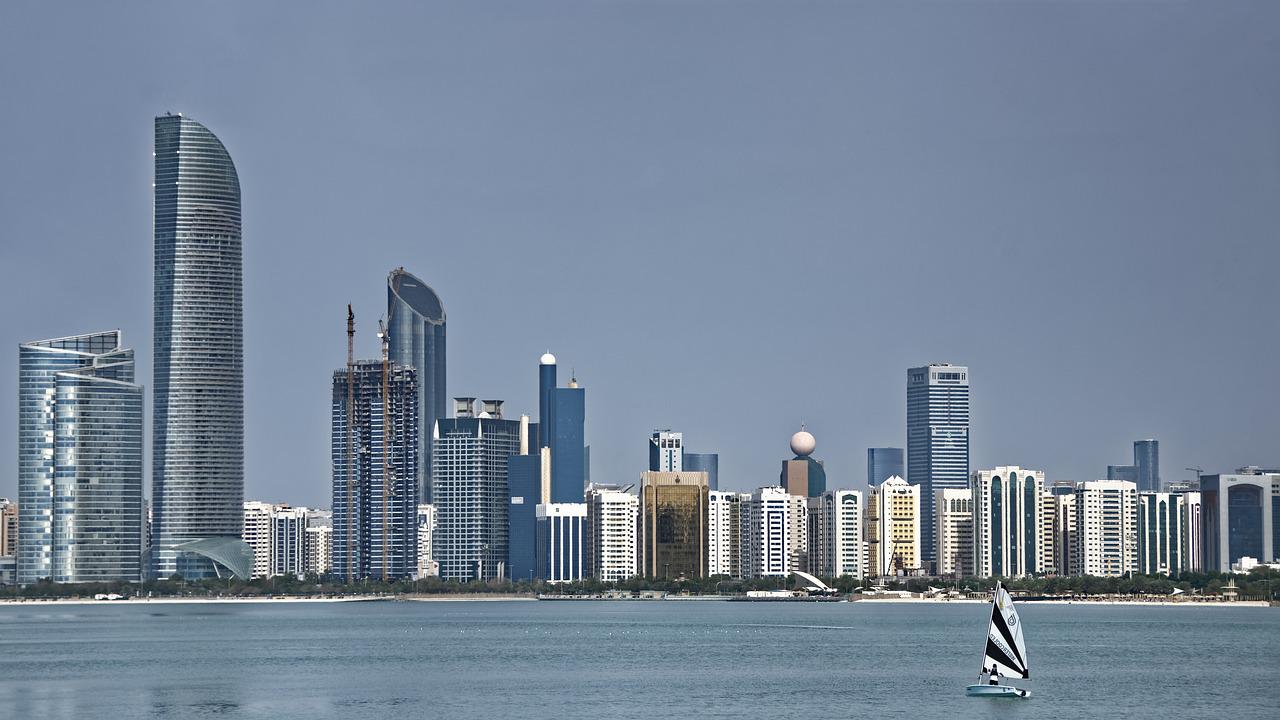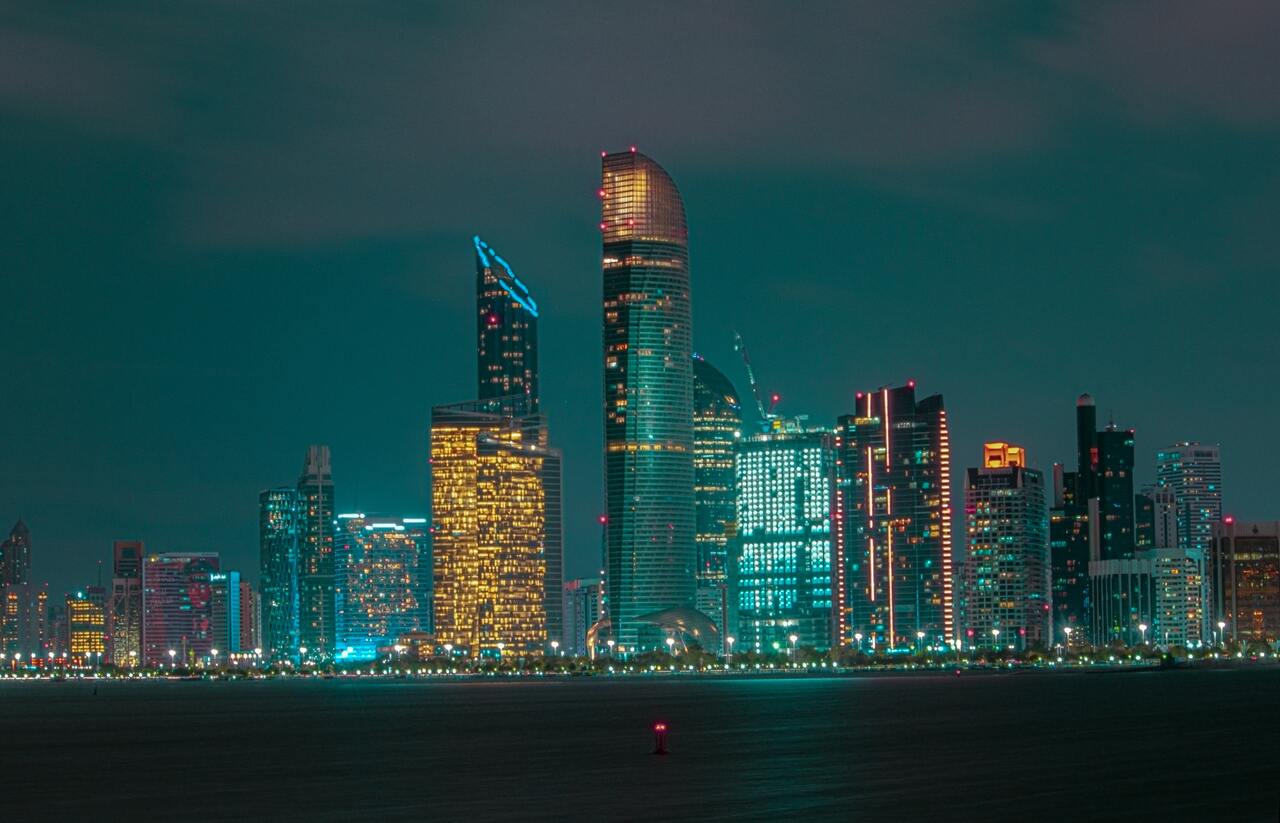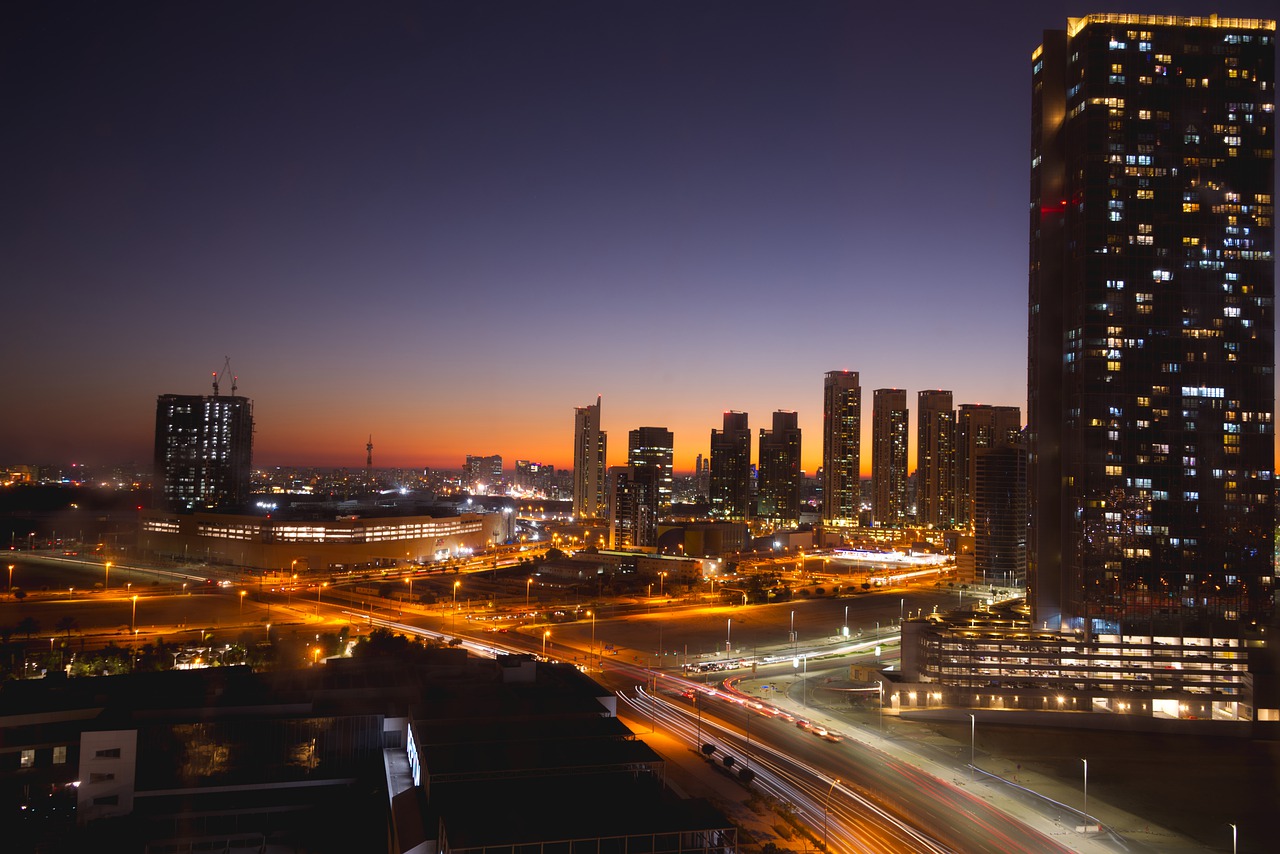Abu Dhabi, along with Dubai have emerged as the two most sustainable cities in the Middle East region. According to Arcadis Sustainable Cities Index (SCI) in 2016, Abu Dhabi performed positive, placed 2nd in the region and 58th globally.
The city showed strong results around its economic sustainability, ranking 13th out of 100 cities within the Profit category. Arcadis study also highlighted the quality of Abu Dhabi’s connectivity, communications infrastructure, as well as the economic development and high employment rate. These factors are driving a high GDP per capita rate compared with other cities. While social issues including low crime rate and well-balanced demographic within the city also supported the city development.
Masdar City
Masdar City in Abu Dhabi was the first attempt to build a sustainable city in the Middle East. It aimed to reduce the use of eney, water, and the generation of waste. The development of the city uses a combination of technology, architectural design and solar power, focusing on minimum energy as one of its primary steps to conserve the environment.
The project expanses over 700 hectares and is projected to complete by 2025. The city is built to be a hub for clean-tech companies and will operate on clean energy. It was planned to be the world’s first zero-carbon city, accommodating Abu Dhabi’s rapid urbanization while reducing the population’s consumption of finite energy reserves.
Masdar city hosts the headquarters of International Renewable Energy Agency (IRENA) in a 32,000 sqm facility powered by 340,000 kWh produced on the building’s rooftop panels. The city’s free zone is also a home to 400 companies, including some multinationals like GE, SIemens, and Mitsubishi.
Sustainable Buildings
Urban complex combining Arabic architectural features with advanced technologies to house around 40,000 people by 2030 was the initial plans for Masdar City. Some parts of the city would be powered by the sun, 210,000 sqm of photovoltaic panels responsible for 17,500 MWh of clean electricity produced in the faculty annually, the largest in the Middle East.
Buildings in Masdar City are constructed with low-carbon cement, with 90% recycled aluminium and designed to reduce energy and water consumption by at least 40%. The standards are set in accordance with the Leadership in Energy and Environmental Design (LEED) certification and the UAE’s Estidama Pearl Rating System, administered by Abu Dhabi’s Department of Urban Planning and Municipalities.
There are several sustainable buildings and projects in Abu Dhabi. For example, Etihad Eco-Residence, the first purpose built LEED Platinum corporate residence for cabin crew, comprising 11 buildings with 500 one- and two- bedroom apartments. Another building is Incubator Building as the first Masdar City’s office building. the development integrates retail and office spaces and houses for businesses including startups, SMEs, and multinationals.
IRENA HQ, Khalifa University of Science and Technology (Masdar City Campus), Krypto labs, Siemens Middle East HQ, The Accelerator Building, and The Knowledge Centre, are among the other sustainable building projects and Masdar City’s R&D cluster.
Sustainable Transportation
By 2030, through Abu Dhabi Transportation Mobility Management Strategy (TMM) the city mainly aims to: encourage a change towards greater use of sustainable modes of transports; improve access to public transports for all people and organisations; satisfy mobility needs via a more efficient and integrated use of existing transport and infrastructure; reduce traffic congestion; and create an efficient multimodal public transport network.
Masdar City has officially launched the first fully electric passenger bus in the region in the partnership with the Department of Transport in Abu Dhabi (DoT), Abu Dhabi-based bus manufacturer Hafilat Industry LLC, and Siemens last January 2019. The Eco-Bus is designed to withstand the UAE climate with 30 passengers seat and has a range of 150 km per battery charge.



